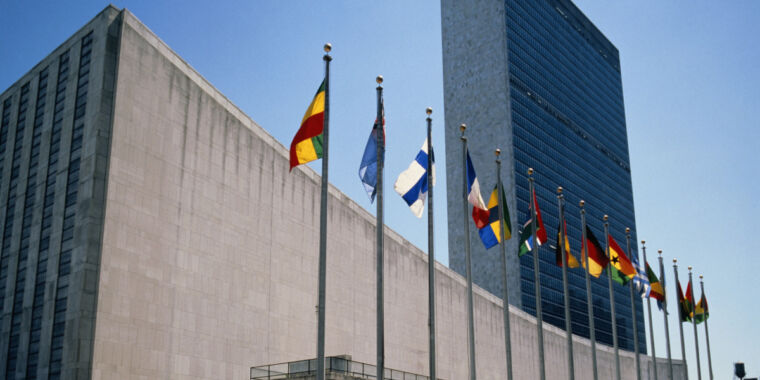[ad_1]
AI synthesis models enable average users to generate persuasive fake media themselves. So, monitoring and fact-checking systems require urgent upgrading to catch manipulated content aimed at misleading voters.
To bolster its defenses against the bad actors, Meta is expanding partnerships with fact-checking bodies possessing specialized AI forensic skills for vetting synthetic media.
Ahead of 720 European Parliament seats being contested in June, Meta has constructed an Election Operations Center to get ahead of rising generative AI threats. The 20-person team brings expertise in intelligence, engineering, legal, research, and operations.
Their mandate is to ensure AI progress doesn’t undermine democracy’s pillars along the way.
Three New Partners to Spot Generative Deepfakes
Meta currently works with 26 fact-checking organizations scrutinizing 22 languages across the European Union. But traditional methods need reinforcement with AI tools, democratizing deepfake creation for free.
Models like Anthropic’s Claude can generate deceptive fake commentary or imagery at scale.
To that end, Meta incorporated three new fact-checking partners in Bulgaria, France, and Slovakia. These groups possess cutting-edge AI capabilities to potentially identify simulated faces and doctored videos designed explicitly to enable election interference if weaponized. Users can also report suspicious content.
Meta’s President of Global Affairs, Nick Clegg, had earlier outlined new initiatives in a February 6 statement. This is about responsibly identifying and labeling AI-generated imagery on Facebook, Instagram, and Threads.
Clegg highlighted that as AI content creation democratizes, Meta aims to apply clear labels when systems detect media as synthetically generated.
This will rely on implanting standardized technical indicators and invisible metadata markings by companies like Meta, Google, OpenAI, Microsoft, and others during production. Microsoft, OpenAI, and 17 other tech firms’ recent pledges embody the urgency surrounding guard rails for generative AI’s unchecked spread.
With exponential leaps in systems like DALL-E, ChatGPT, and Anthropic’s Claude, the coalition is committed to endorsing integrity safeguards amid 2024’s decisive elections worldwide.
According to Microsoft President Brad Smith, prudent policymaking must complement technological acceleration for its pros to outweigh inevitable cons as AI grows globally.
Coalition members are cooperatively honing content moderation procedures, recommendations transparency, and proactive algorithm bias testing.
Incubating Complementary AI Detectors
Meta is also nurturing complementary machine learning classifiers to catch unmarked AI content over the long term. Their FAIR research lab recently revealed progress on integrated prototype watermarking technology resistant to tampering.
As AI creation democratizes exponentially, preventing deception will require multi-layered solutions.
Meta proactively pursues robust media authenticity frameworks while collaborating with partners on standardizing indicators.
Regarding policy enforcement, Meta has pilot-tested Large Language Models trained on Community Standards to recognize rule-violating text accurately. Preliminary results display improved precision over legacy AI systems.
Additionally, LLMs may help clear innocuous content from time-intensive human review queues, enabling integrity teams to focus on higher-risk material instead. Meta’s proactive planning responsibly unlocks generative AI’s potential while mitigating risks.
Maqvi News #Maqvi #Maqvinews #Maqvi_news #Maqvi#News #info@maqvi.com
[ad_2]
Source link












































